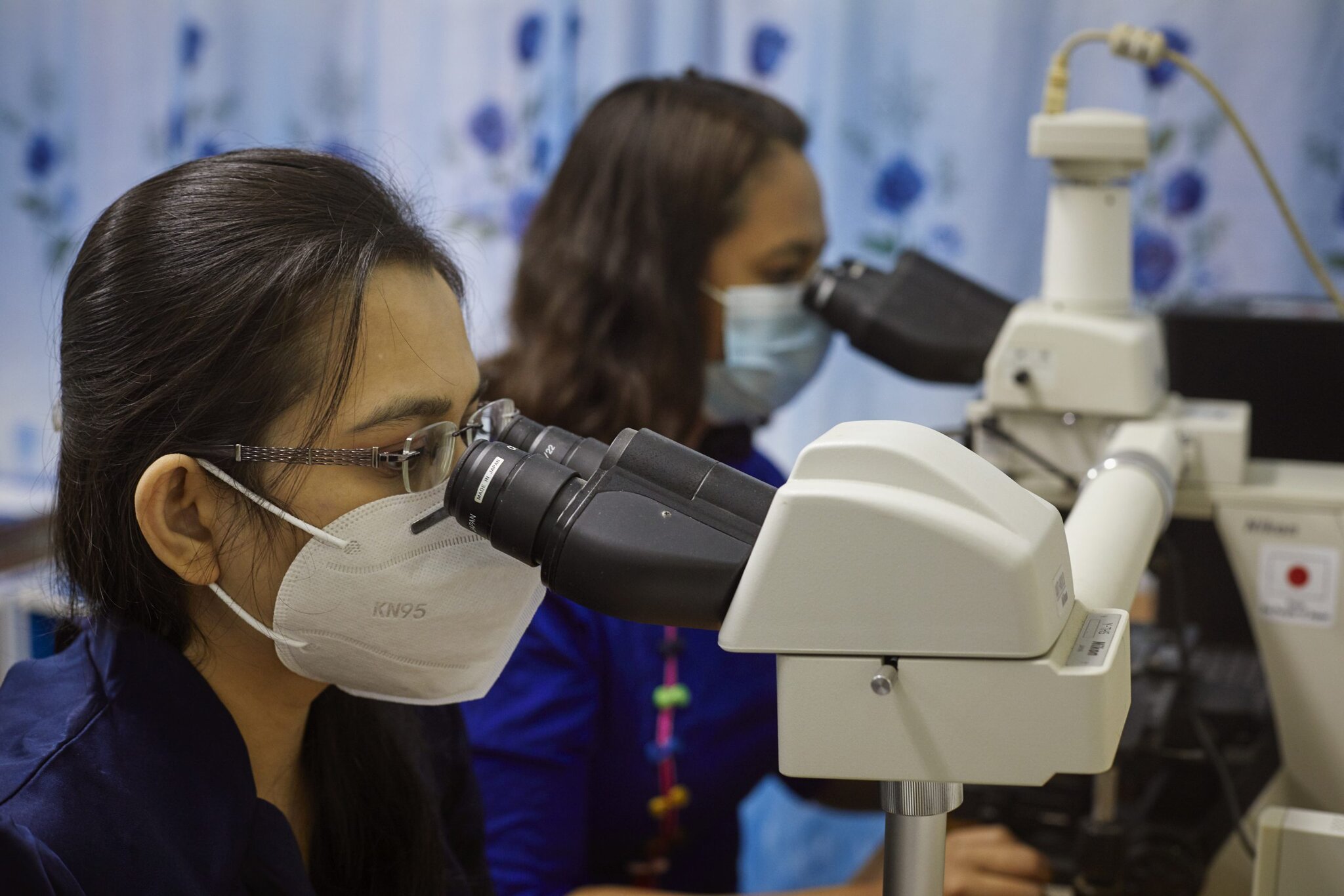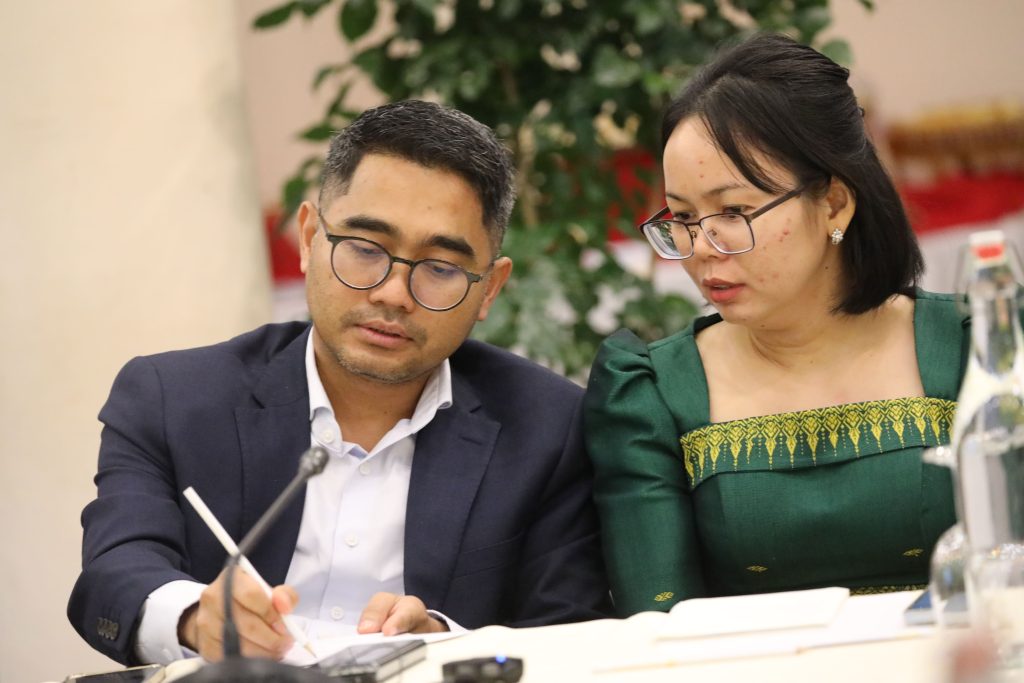
- City Cancer Challenge joins the global call to “Close the Care Gap”, including improving cancer diagnostics and solutions
- American Society for Clinical Pathology and C/Can publish article outlining opportunities to remove cancer diagnostic barriers
- C/Can announces call for organisations to join the first Global Coalition for Cancer Diagnostics
4 February 2022, Geneva, Switzerland – Today on World Cancer Day, City Cancer Challenge (C/Can) is putting the spotlight on the critical need for quality and timely cancer diagnosis in low- and middle-income countries (LMICs) so as to close the cancer care gap, the theme of this year’s World Cancer Day.
For many cancers, early diagnosis can improve a person’s chance of survival, but less than 30% of low-income countries have generally accessible diagnostics and treatment services. This is why C/Can, over the last four years, has been working with its partners and local teams to design and implement projects across the network of C/Can cities, aimed at strengthening the cities’ pathology and nuclear imaging services, infrastructure, workforce and technologies.
“Quality-assured diagnosis is often a low priority in the cancer care continuum, and even more so in countries where health resources are scarce. But it plays a critical role throughout the course of a cancer patient’s journey, which is why we need to work together to facilitate ways to improve diagnoses,” says Dr Susan Henshall, CEO of City Cancer Challenge.
In an article, published today in the American Society for Clinical Pathology (ASCP)’s online magazine CriticalValues.org, Dr. Henshall shed light on the long-standing barriers that impede access to timely and accurate diagnosis for so many people living in countries where resources are limited.
“One of the most important things we’ve learned from working to implement cancer diagnostics in low-income settings is that to achieve real change, we need to start with an assessment that gives us an in-depth understanding of the local context, including its gaps and needs—because what works in one part of the world doesn’t necessarily translate to another, say in Africa, ” says Dr Dan Milner, Chief Medical Officer, American Society for Clinical Pathology
The article also shares examples of how a multi-sectoral, systems-approach is being adopted in cities like Kumasi, Ghana – one of C/Can’s 11 Challenge Cities. With the support of the Deutsche Gesellschaft für Internationale Zusammenarbeit (GIZ) on behalf of the German Federal Ministry for Economic Cooperation and Development (BMZ), C/Can is working with local teams in Kumasi and its global partners to accelerate efforts in developing the city’s diagnostic capacities so that ultimately, healthcare workers are provided with the right information when they need it to make informed clinical decisions.
To coordinate both global and local action toward this goal, C/Can is spearheading the launch of the Global Coalition for Cancer Diagnostics to bring together government, civil society, the private sector and healthcare professionals to collectively identify, enable and accelerate the sustainable development of cancer diagnostic solutions and technologies. The Coalition is a direct response to a call for more inclusive, targeted and collective action in driving access to equitable diagnostics.
“Our aim is to transform the way we approach cancer diagnostics in low-income countries so that we co-create solutions together, giving voice to our cities and empowering healthcare workers working on the ground who are helping to make life-saving decisions every day, ” says Isabel Mestres, Director of Global Public Affairs at C/Can.
Read the full article on ASCP’s CriticalValues.org and learn more about the Global Coalition for Cancer Diagnostics at citycancerchallenge.org/diagnostics





